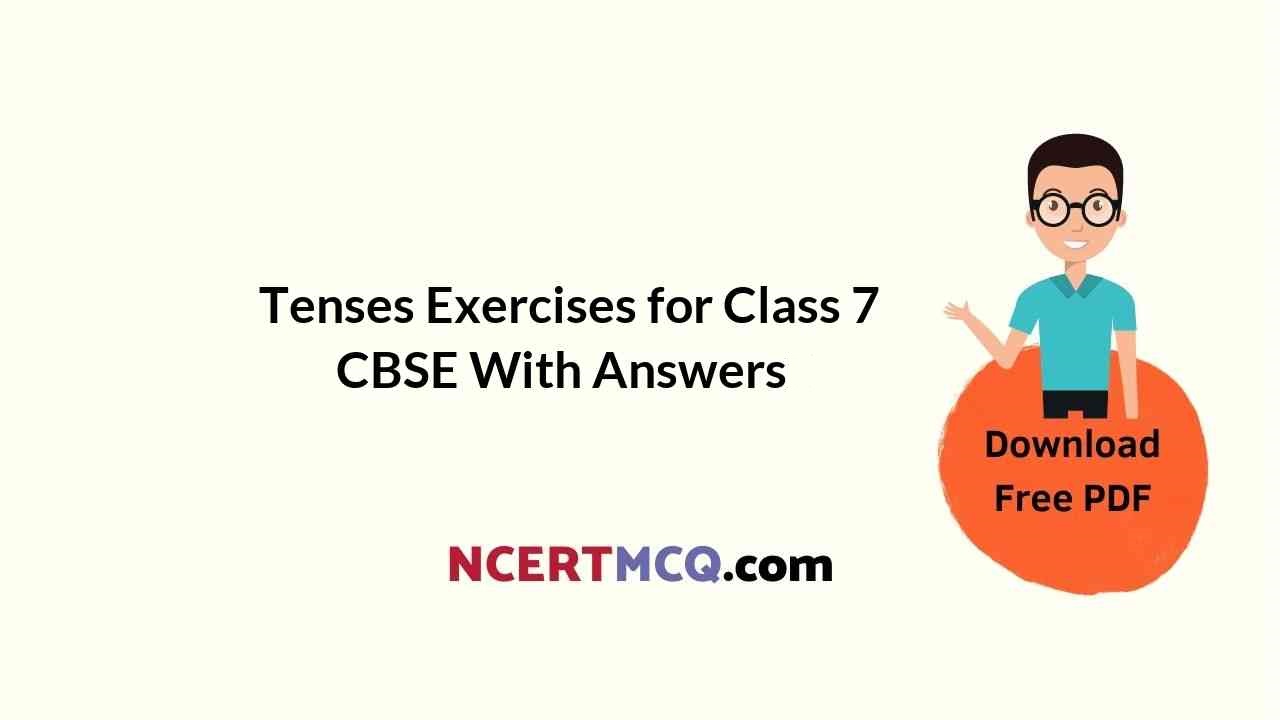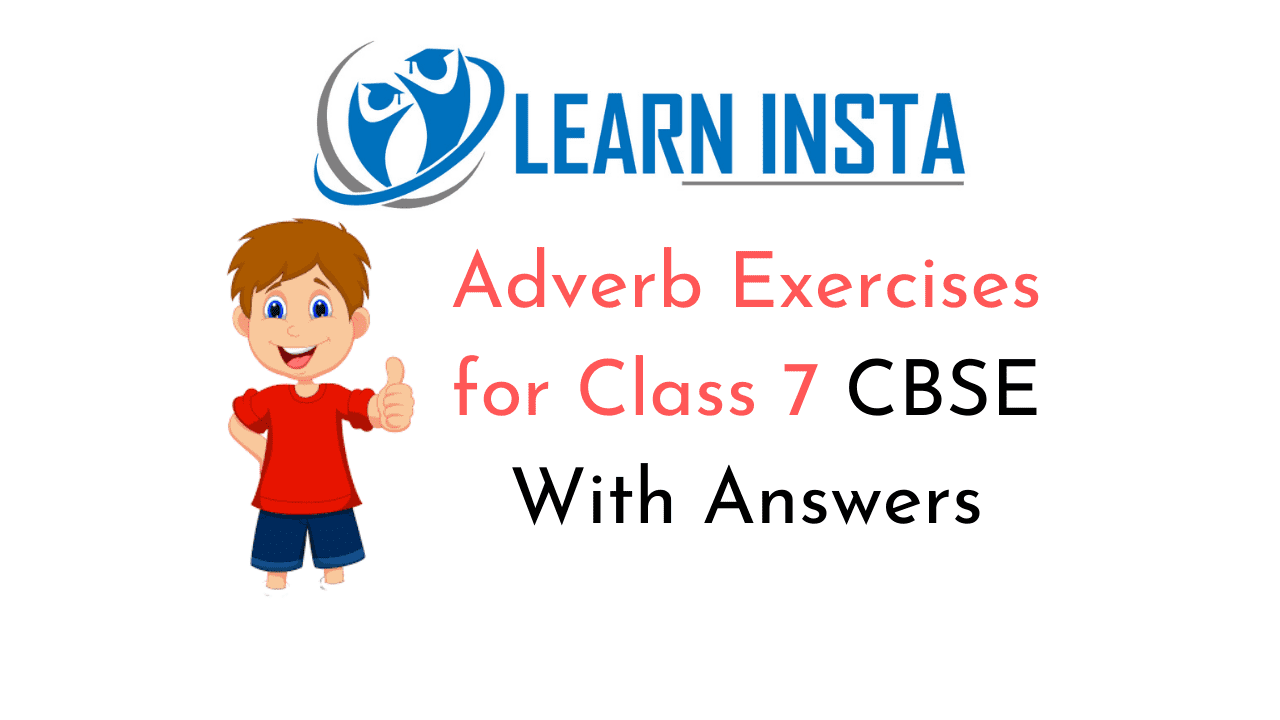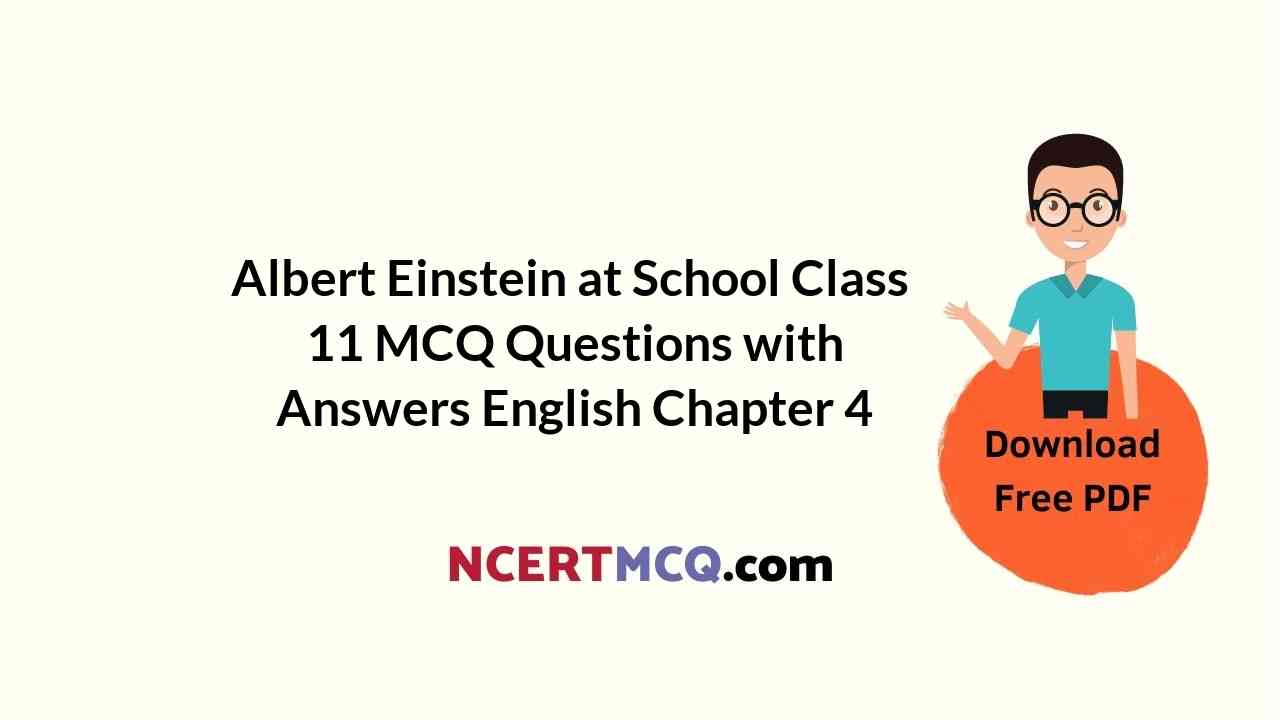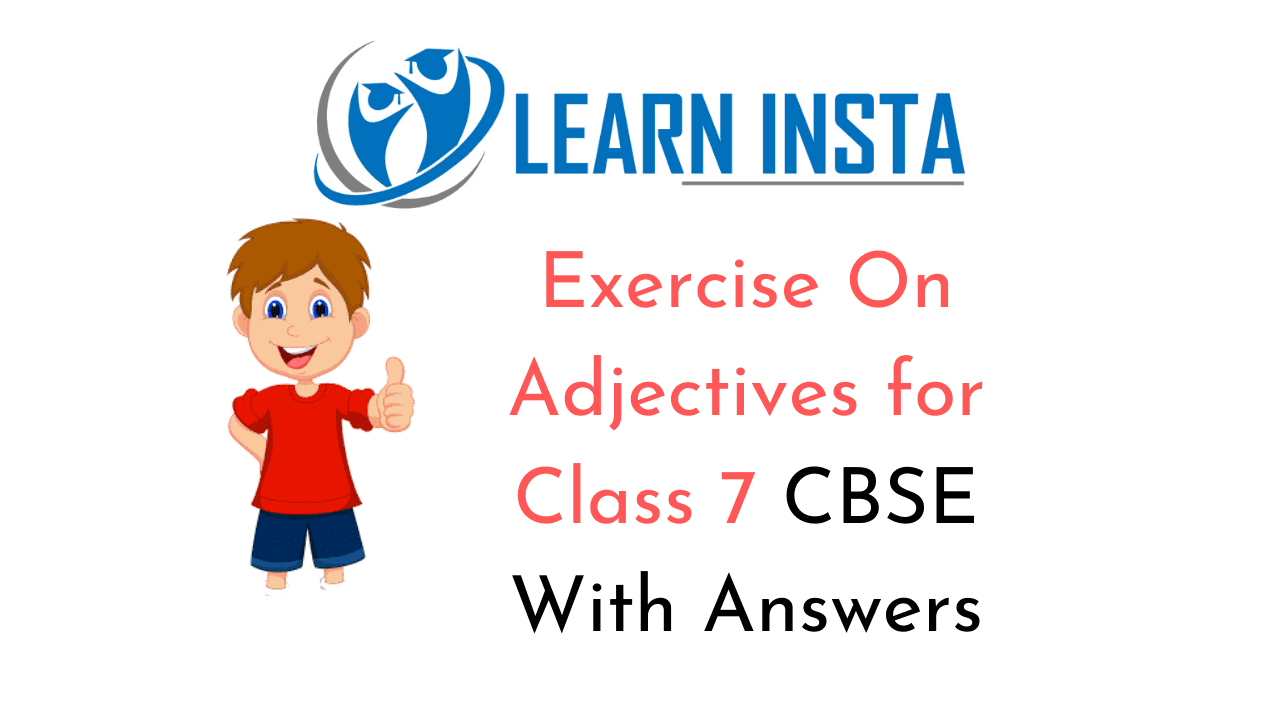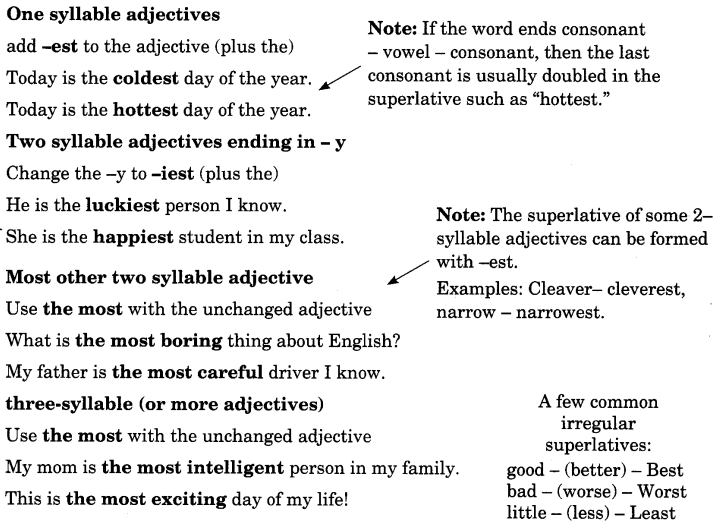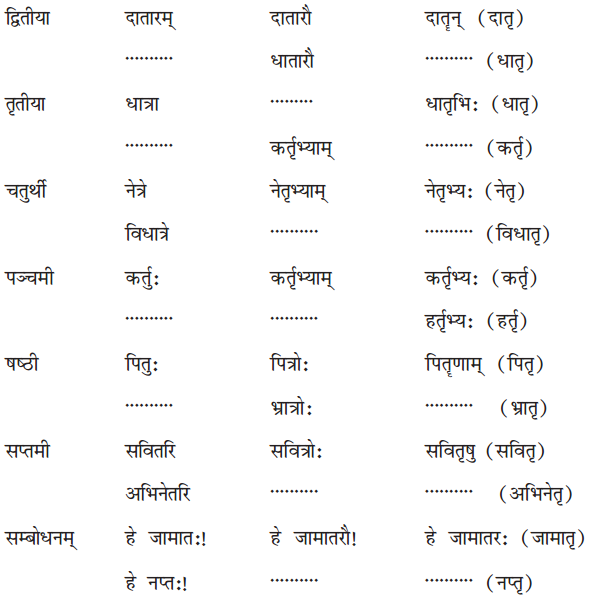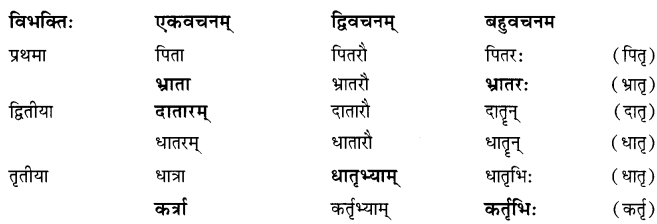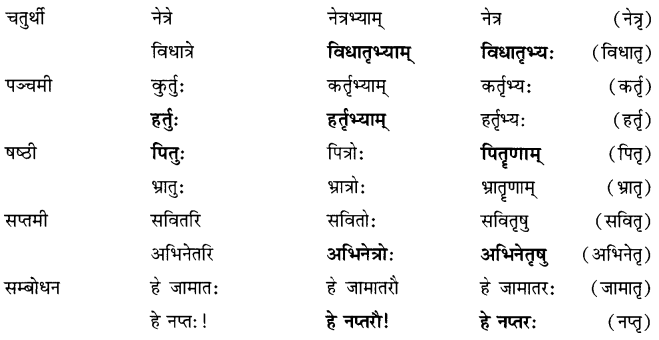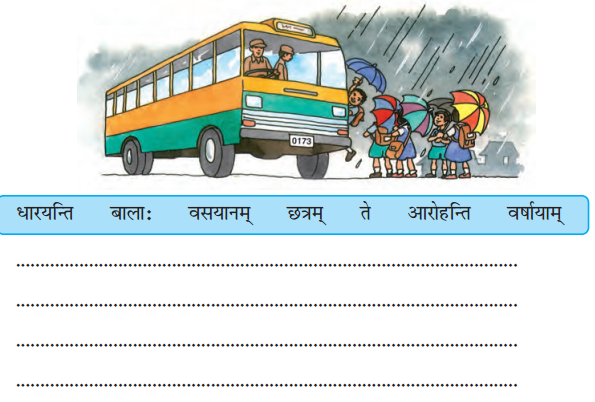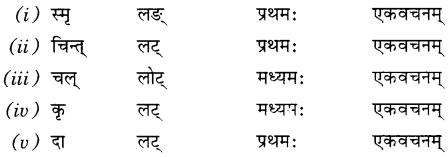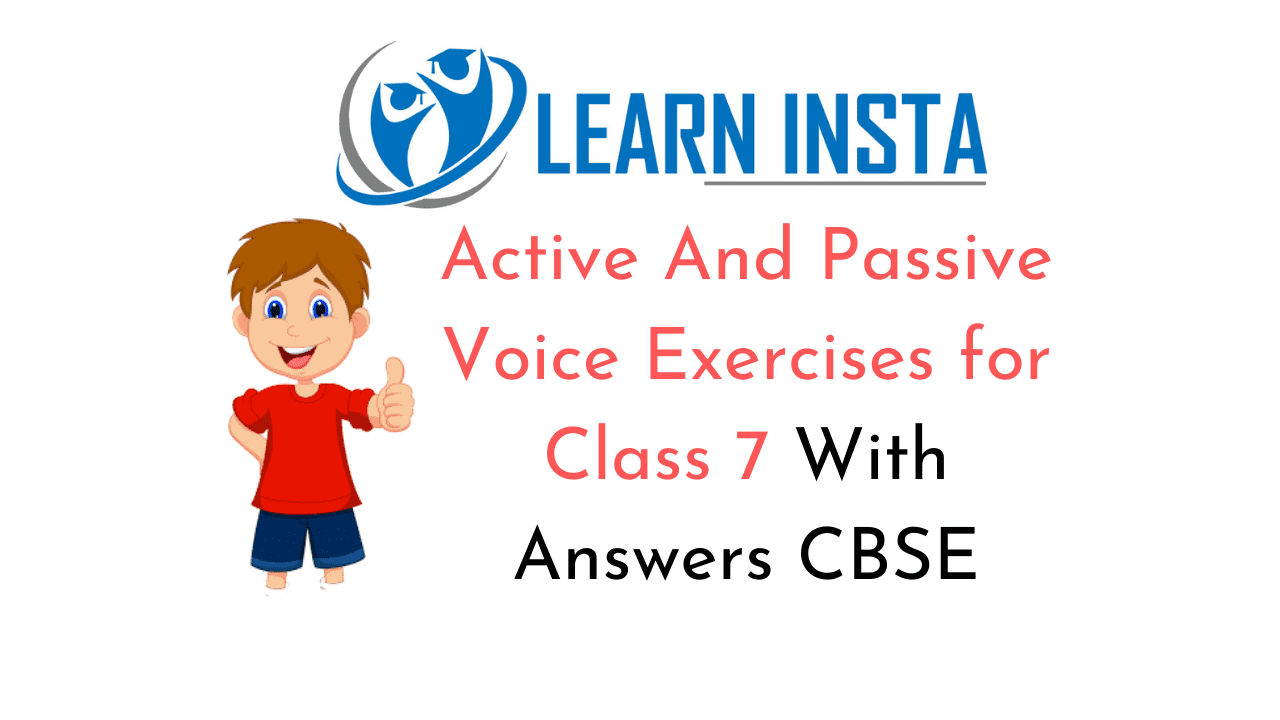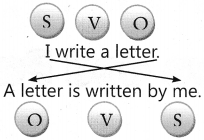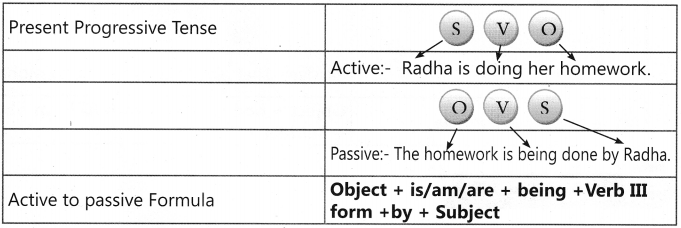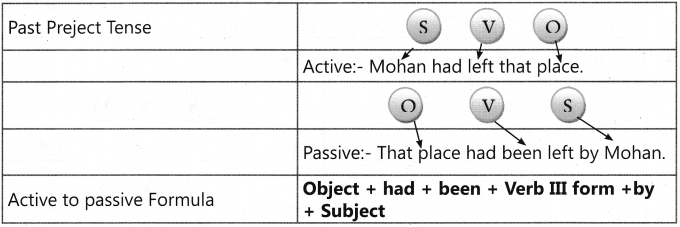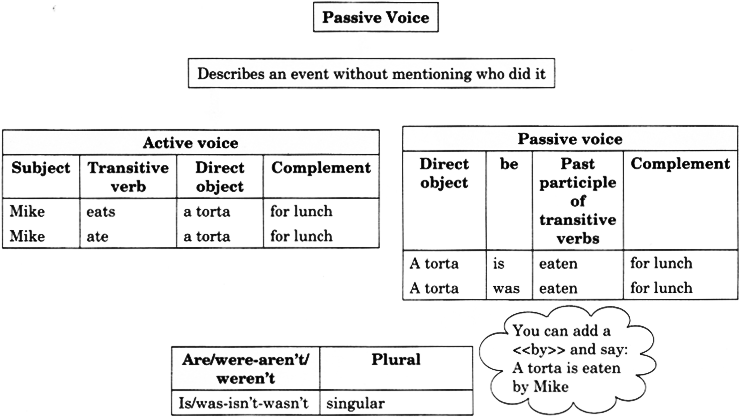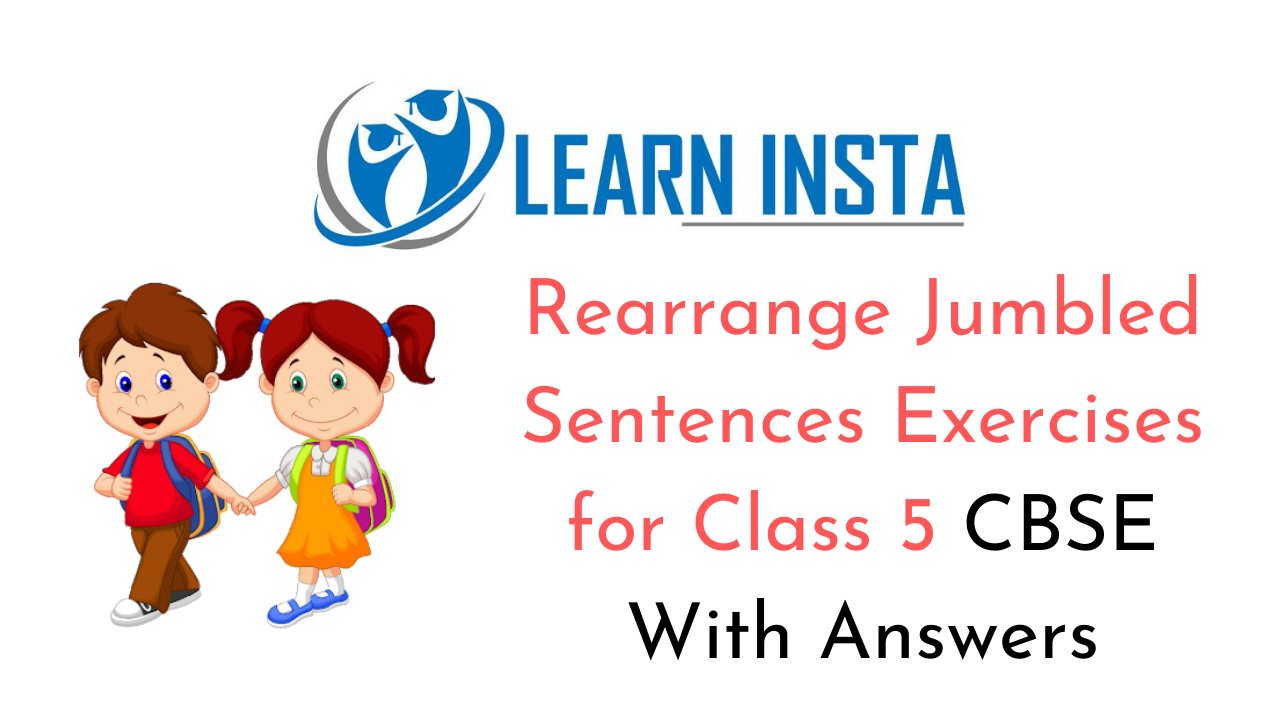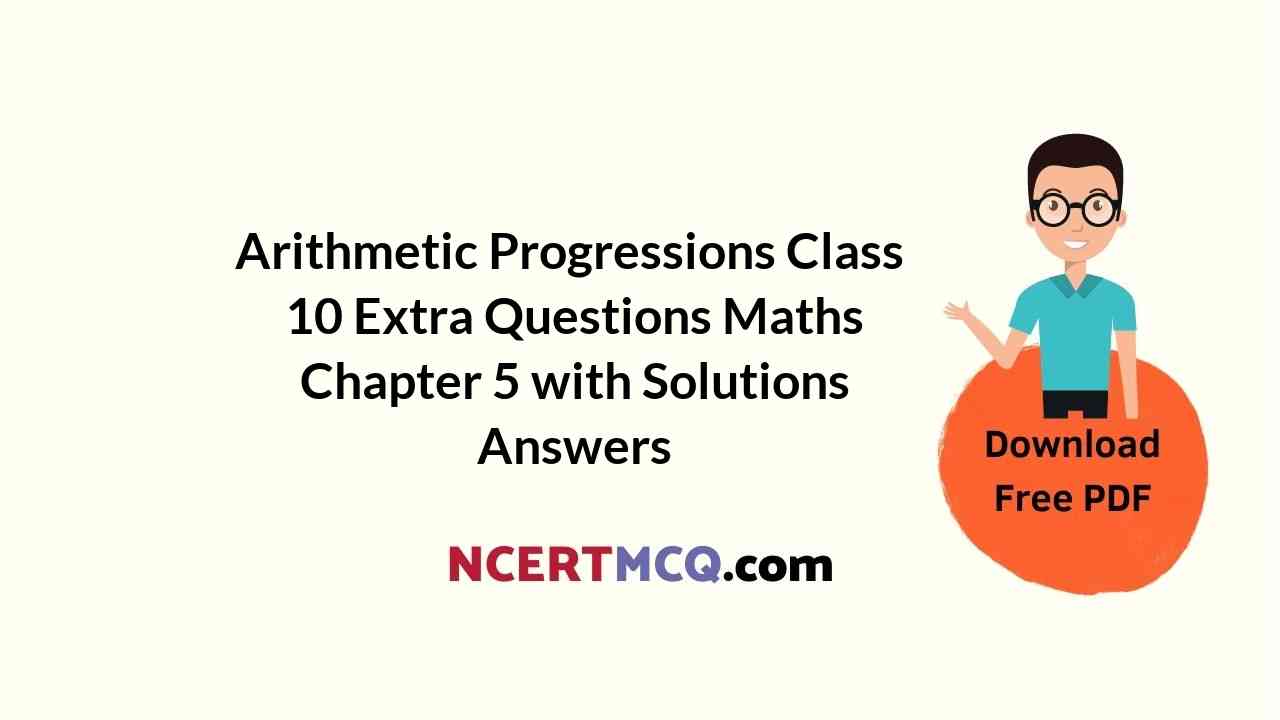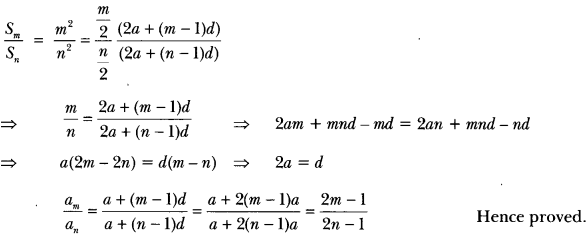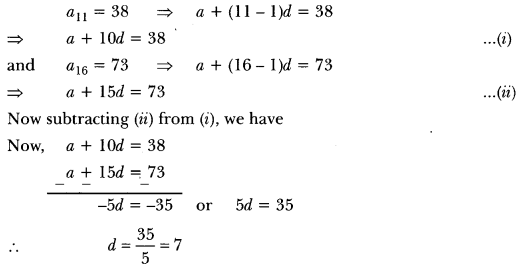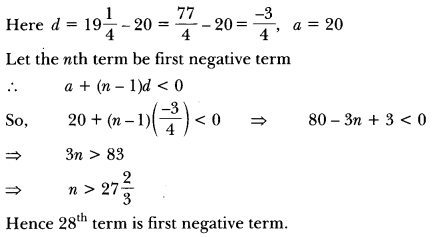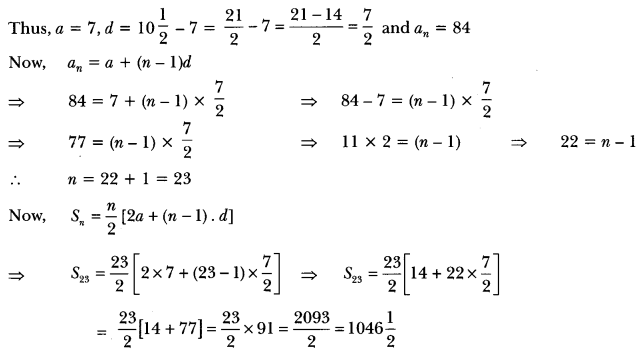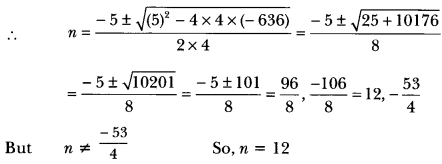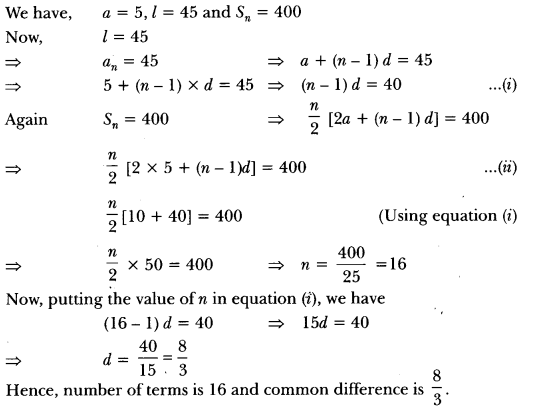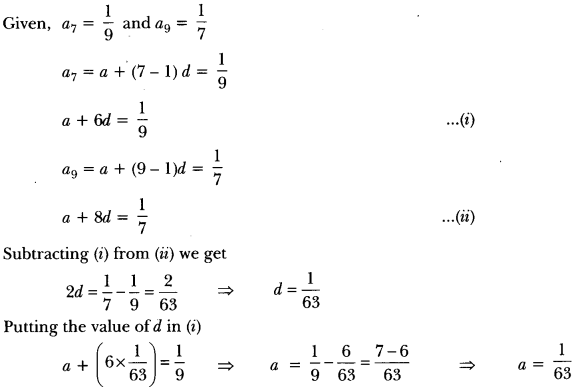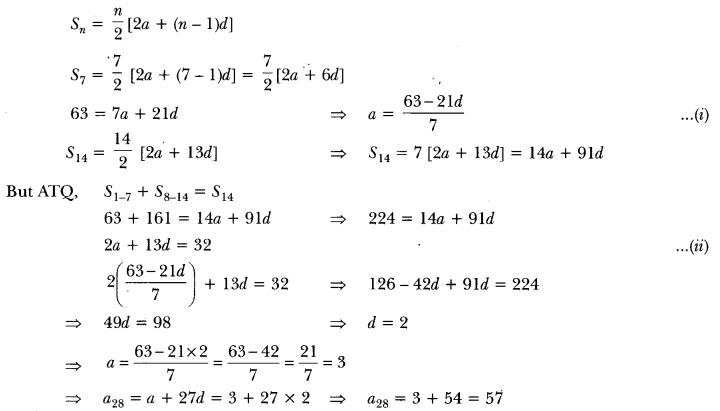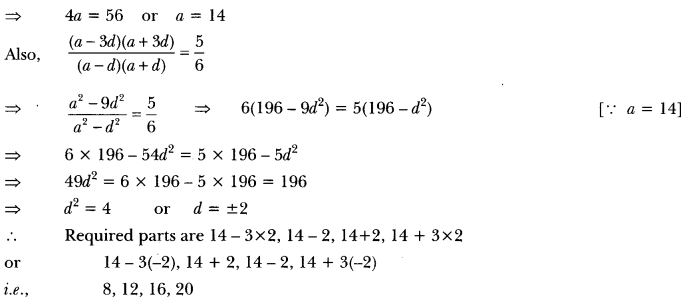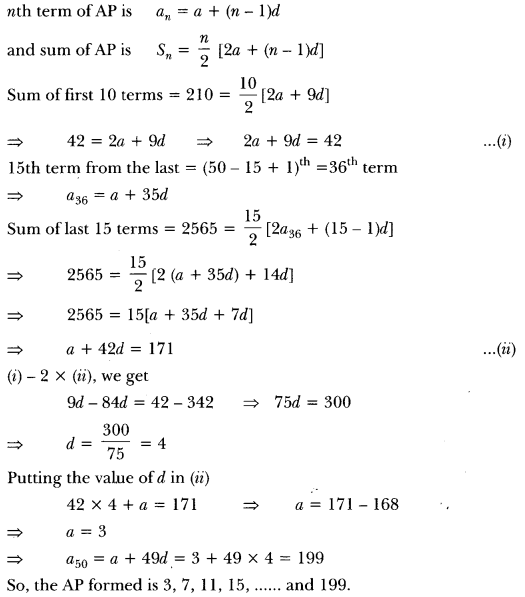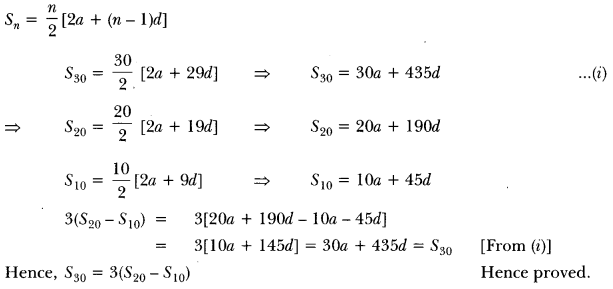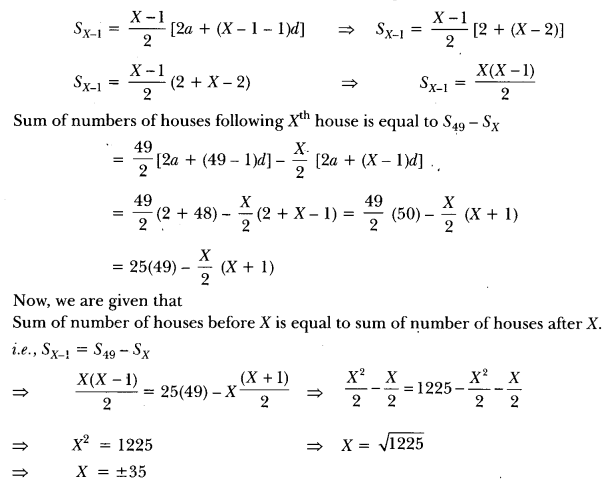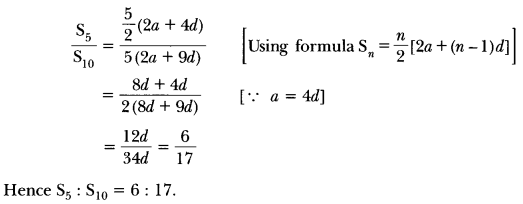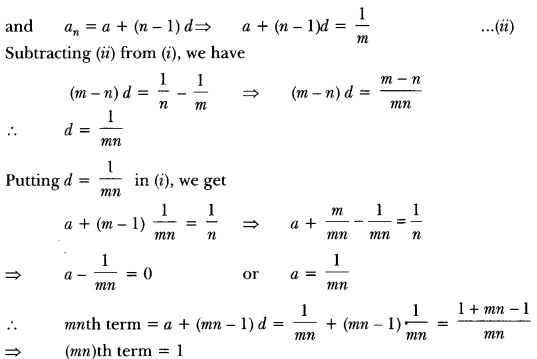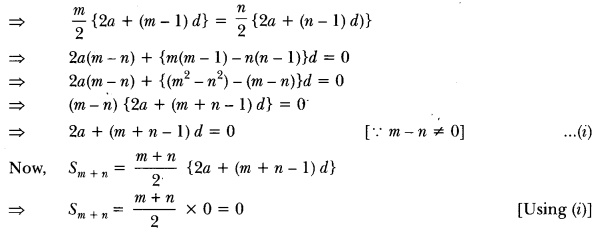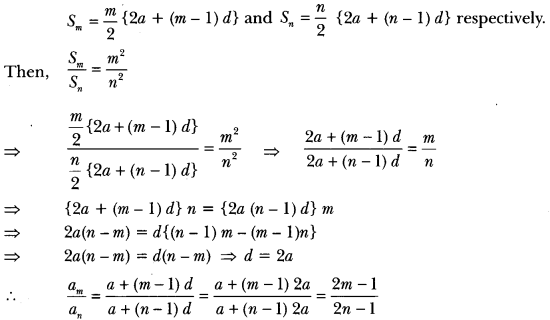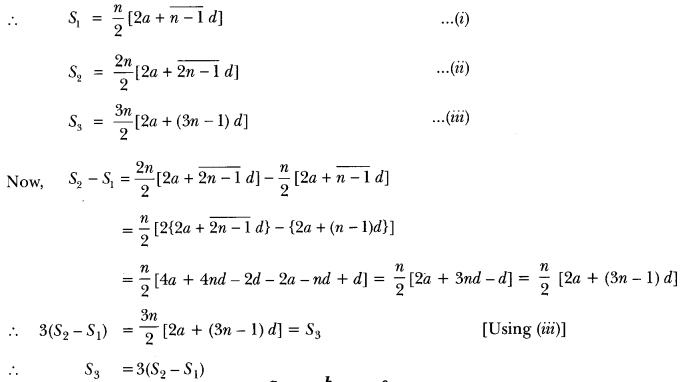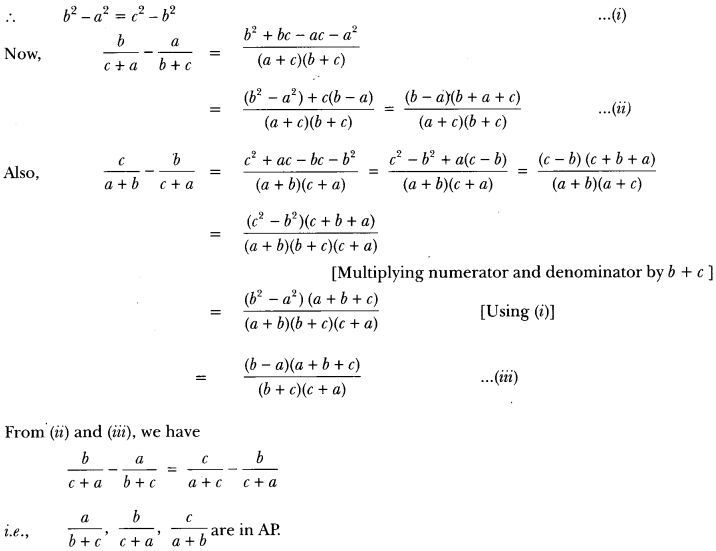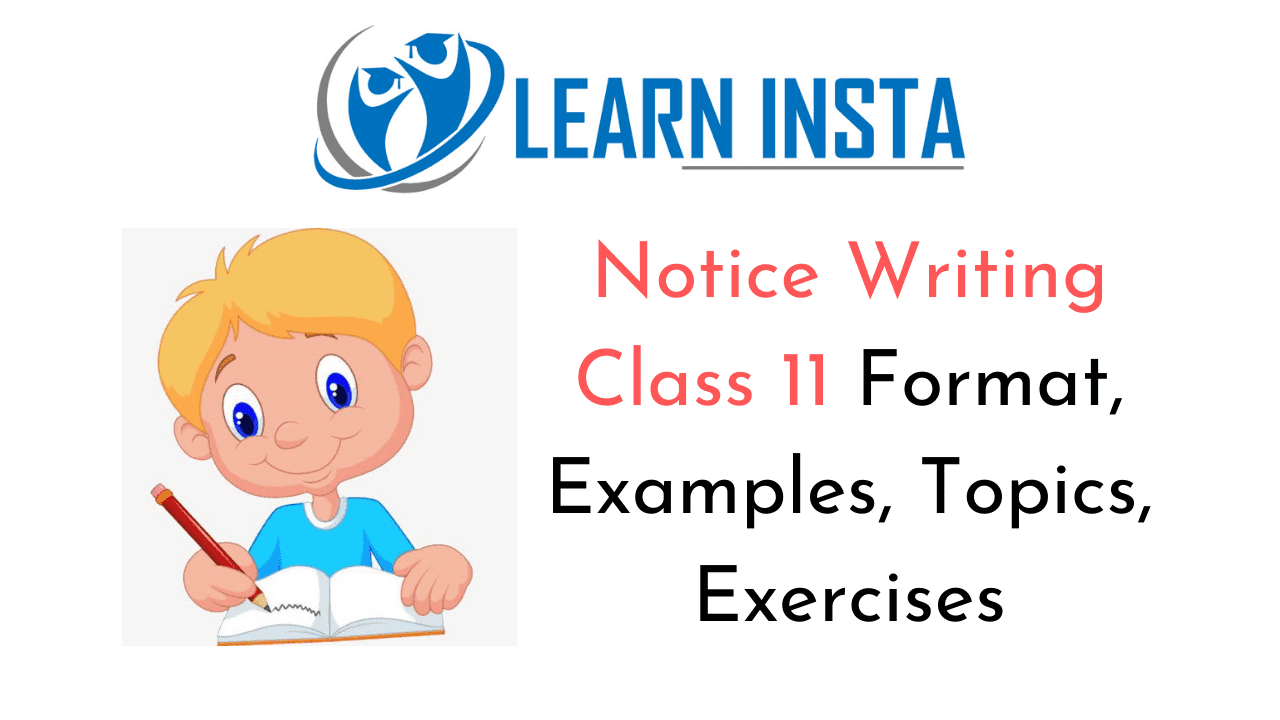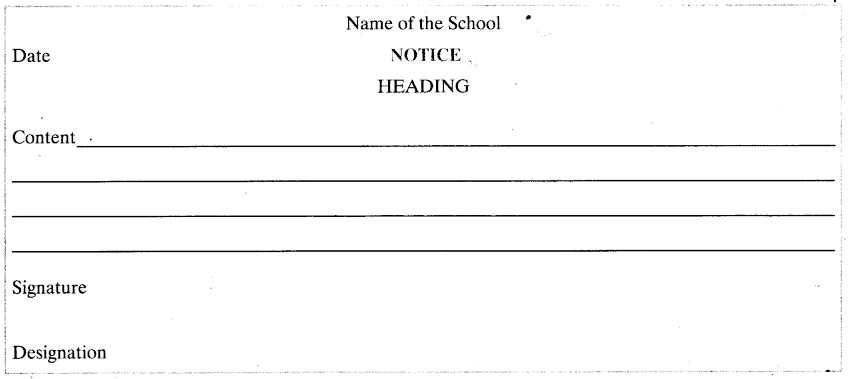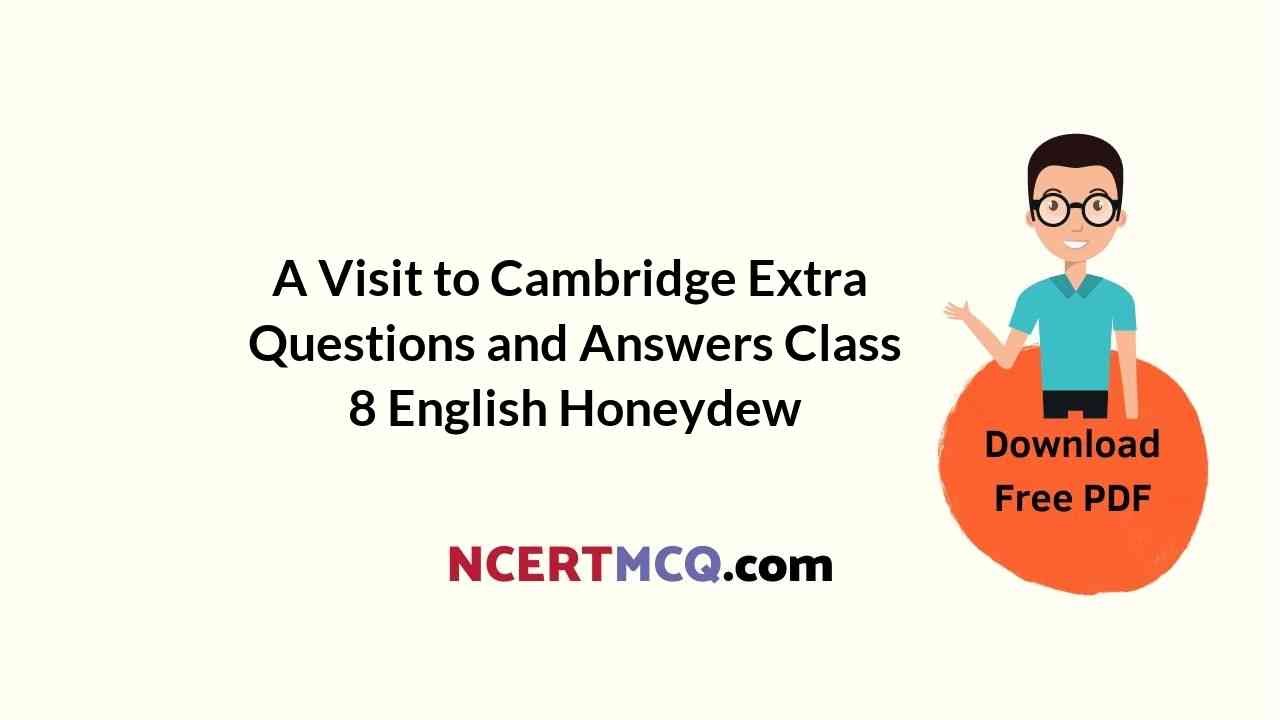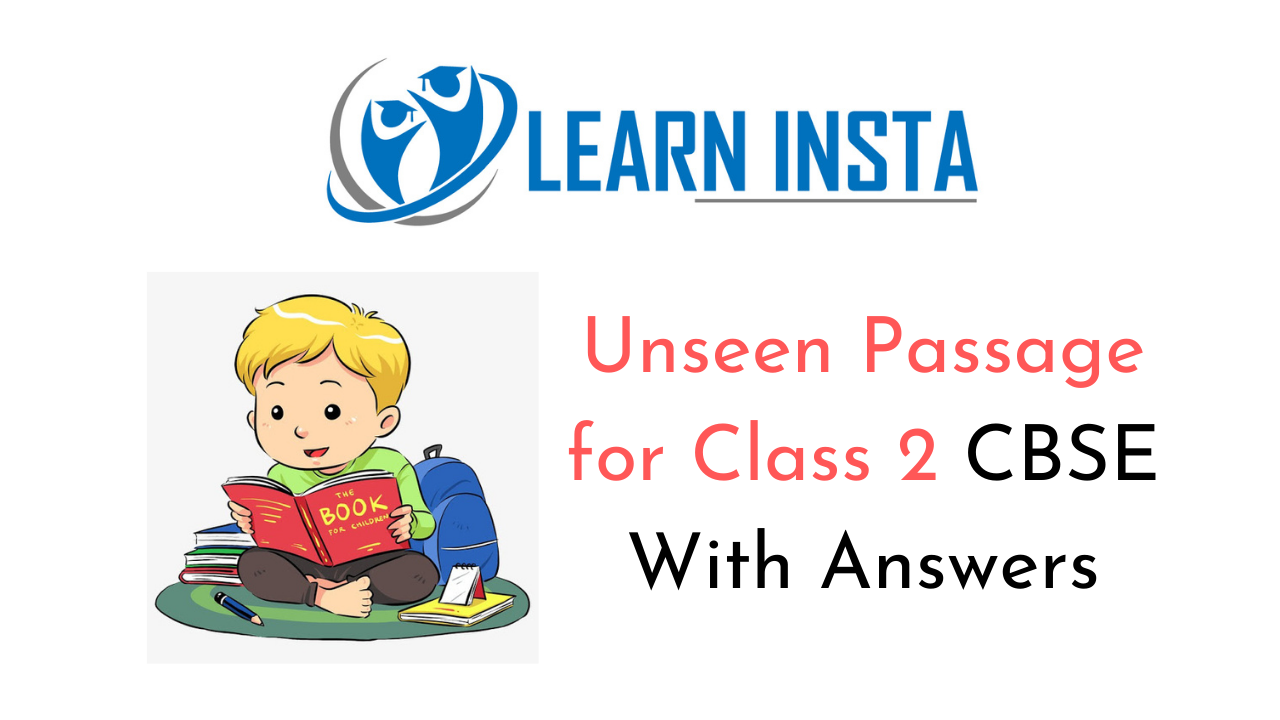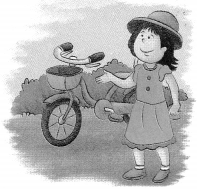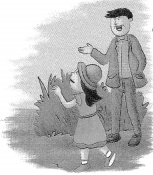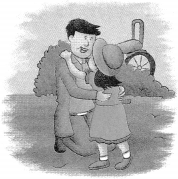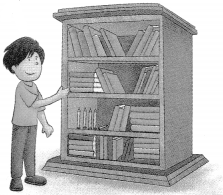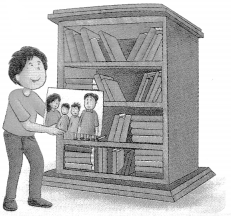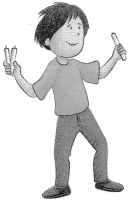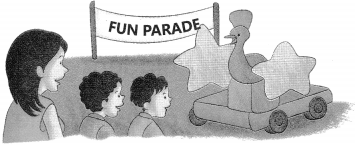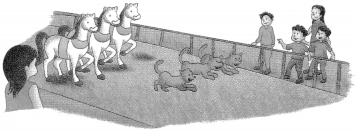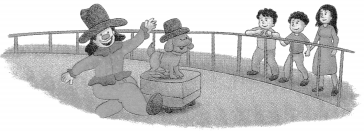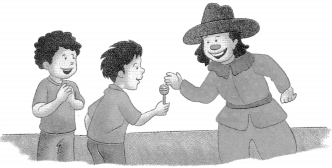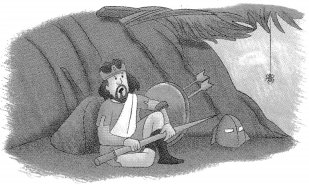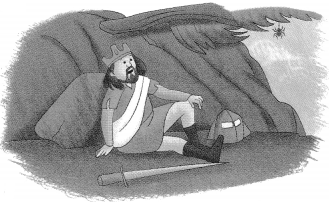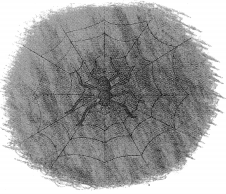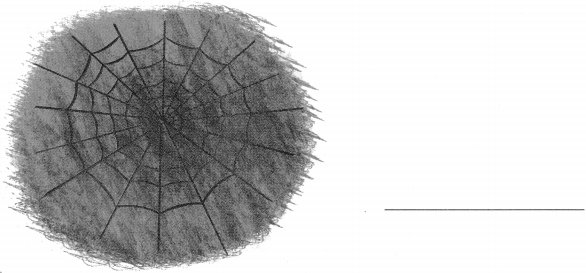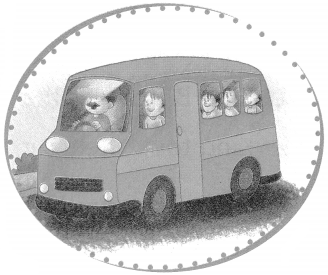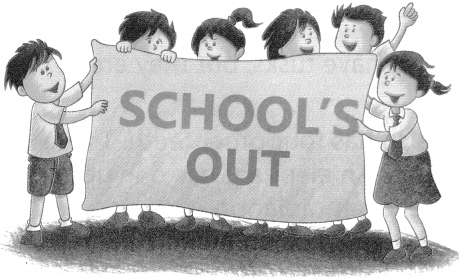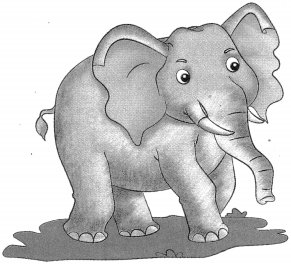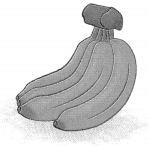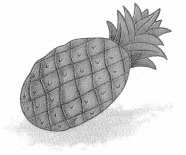From the tense of a sentence, we come to know about the time of an action.
This grammar section explains Online Education English Grammar in a clear and simple way. There are example sentences to show how the language is used. You can also visit the most accurate and elaborate NCERT Solutions for Class 7 English. Every question of the textbook has been answered here. https://ncertmcq.com/ncert-solutions-for-class-7-english/
Online Education Tenses Exercises or Class 7 CBSE With Answers Pdf
Tenses Exercise For Class 7 MCQ There are three main types of tenses:
- Present Tense
- Past Tense
- Future Tense
Tenses Worksheet For Class 7 With Answers MCQ These three tenses, further have four sub–types
- Simple/ Indefinite: when the time is not definite.
- Continuous: When the action is going on.
- Perfect: when the action is complete.
| Verb Tenses | Simple | Continuous | Perfect |
| Present | Facts / Habits / Routines Subject + infinitive (+s) I live – she lives – they live I don’t live – he doesn’t live Do you live? – does she live? |
Now/ Temporary Activities Subject + BE + ____ ing I am living – she is living I am not living – he is not living Are you living? – Is she living? |
Experiences / Past Act. With Press Result Subject + Have/has + Participate I have lived – she has lived I have not lived – he has not lived Have you lived? Has she lived? |
| Past | Past action at given time Subject + v2 + infinitive I lived – she lived – they lived I didn’t live – he didn’t live Did you live? – did she live? |
Thing happening at a given time Subject + was / were + ing I was living – she was living I was not living – he was not living Were you living? – was she living? |
Past action is relation to the past Subject + Had + Participate I had lived – she had lived I had not lived – he had not lived Had you lived? Had she lived? |
| Future | Future actions Subject + will + infinitive I will live – she will live I will you live – he will not live Will you live? – will she live? |
Thing happening at a Future given time Subject + will be + ing infinitive I will be living – she will be living I will not be living – he will not be living Will you’ be living? Will she be living? |
What will have happened in the future Subject + will have + participate I will have lived – she will have lived I will not have lived— he will not, have lived Will you have lived? – Will she have lived? |
I will not be living – he will not be living Will you’ be living? – Will she be living?
Tenses Worksheet For Class 7 With Answers Pdf MCQ The present’ simple tense is used…
- For habitual actions.
We go to school - for stating facts.
Ruskin bond writes children’s books. - for things that are generally true (universal truths).
The Sun rises in the east. - in imperative sentences.
Stop whatever you are doing!
Tense Exercises For Class 7 MCQ The present continuous tense is used ………
- for something that is happening at the time of speaking.
“I am leaving for work.
The baby is sleeping. - for something that is happening before and after a given time.
When I get home the children are doing their homework. - for something that we think is temporary.
I am staying in London for two weeks.
The simple past tense is formed by adding ed/d at the end of verbs.
- walk – walked
- dance – danced
- laugh – laughed
- kick – kicked
Irregular verbs do not follow this rule. The simple past tense of these verbs is formed – by changing the spelling of the verb.
- give – gave
- write – wrote
- sing – sang
- drive – drove
Past independent
The plane landed a few minutes ago.
The children visited a farm during the holidays.
Who invented the computer? Jack and Jill went up the hill.
Little Red Riding Hood decided to visit her grandmother.
The three bears found Goldilocks asleep in their house.
Tense Exercise For Class 7 MCQ The simple past tense is used for:
- action that was going on at some known or unknown time in the past.
The farmers were working in the field.
The teacher was waiting for the students.
action that was going on when another action took place or two actions that were going on at same time in the past.
Vijay was taking a shower when the bell rang.
The simple future tense tells us about actions that are going to happen in the future. It is formed by using. shall or will before the principal verb. The simple future tense is used for:
- actions that happened in the past.
I spoke to her yesterday.
We learned improper fractions last year. - actions that were habit or routine in the past.
My parents went to school by bus.
Bhavna taught craft to earn a living. - actions that took place in the past without any reference to the time of the actions.
The floods caused great damage.
Our team lost the match.
The past continuous tense tells us about actions that continued over a period of time in the past. It is formed by using the helping verbs was and were with the present participle form of the verb. Michael and John were washing the paint brushes.
Mom was cooking our supper when I came home.
The past continuous tense is used for:
action that was going on at some known or unknown time in the past.
The farmers were working in the field.
The teacher was waiting for the students.
- action that was going on when another action took place or two actions that were going on at the same time in the past.
Vijay was taking a shower when the bell rang. - actions that are going to happen in the future.
They will camp by the river.
We shall go on a holiday soon. - actions that are regular phenomena or habit.
There will be no moon tonight.
I shall stay with my aunt in Kolkata. - actions that are a result of or dependent on another action.
If you eat too much, you will be sick.
You will stay here until you finish your work..
The future continuous tense tells us about an action that will be going on at some time in the future. It is formed by using shall/will be along with the present participle.
We shall be requiring some help with the preparations.
Mrs. Gupta will not be teaching the class from tomorrow.
I shall be arriving by the four o’clock train on Sunday.
Tenses Exercises Solved Examples for Class 7 CBSE
Tense Worksheet For Class 7 MCQ Question 1.
Choose the correct.
(i) Look! We ________ to crash. (Go/are going/were going/have gone)
(ii) I wish I ________ a better memory. (Have / had / had had)
(iii) After he ________ his homework, he went out to play. (Completed/had completed / Either could be used here)
(iv) I ________ him for very long when we got married. (knew/have known/had known/had been working)
(v) I ________ a lot of movies recently. (am watching/have been watching/was watching)
(vi) I ________ her for two weeks. (only knew/have only known/have only been knowing)
(vii) When I woke up, mummy ________ breakfast. (already prepared/had already prepared/have already prepared/was already preparing)
(viii) I ________ in the same job for ten years. (have worked/have been working / Either could be used here)
(ix) I told him that I ________ (finished / have finished / had finished).
(x) I thought I ________ the money a week before. (have sent / had sent / sent)
Answer:
(i) are going
(ii) had
(iii) finished/had finished
(iv) had known
(v) have been watching
(vi) have only known
(vii) had already prepared
(viii) have worked/have been working
(ix) had finished
(x) had sent
Tenses Worksheet For Class 7 MCQ Question 2.
Put the verbs into the correct tense (Simple Past or Past Progressive).
(i) The receptionist (welcome) ________the guests and (ask). ________ them to fill in the form.
(ii) The car (break), ________ down and we (have). ________ to walk home.
(iii) The boys (swim). ________ while the girls (sunbath) ________.
(iv) My father (come) ________ in, (look) ________ and (tell). ________ me to tidy up my room.
(v) While one group (prepare) ________ dinner the others (collect). ________ wood for the campfire.
(vi) While the parents (have) ________ breakfast the children (run) ________ about.
(vii) Martha (turn). ________ off the light and (go) ________ to bed.
Answer:
(i) welcomed, asked
(ii) broke, had
(iii) swimming, sunbathing
(iv) came, looked, told
(v) was preparing, were collecting
(vii) turned, went
(vi) were having, were running
Tenses Exercises Practice Examples for Class 7 CBSE
1. Put the verbs into the correct tense (simple past or present perfect).
(i) I (just/ finish). ________ my homework.
(ii) Mary (already / write). ________ five letters.
(iii) Tom (move). ________ to his home town in 1994.
(iv) My friend (be) ________ in Canada two years ago.
(v) I (not/be). ________ to Canada so far.
(vi) But I (already / travel) ________ to London a couple of times.
(vii) Last week, Mary and Paul (go) ________ to the cinema.
(viii) I can’t take any pictures because I (not/buy) ________ a new film yet.
(ix) (they / spend) ________ their holidays in Paris last summer?
(x) (you / ever / see) ________ a whale?
Tenses Exercise Class 7 MCQ
2. Put the verbs into the correct tense (simple future or future perfect)
(i) Tomorrow I think I (start). ________ my new project.
(ii) I (finish) ________ it by the end of this month.
(iii) The teacher (probably / assign) ________ a test to his students next Monday.
(iv) He (correct) ________ it by the end of next week.
(v) My friend (certainly / get) ________ a good mark.
(vi) by 9 o’clock, we (finish), ________ Lour homework.
Tenses Exercises For Class 7 MCQ
3. Use the verbs given in the box in the simple present or present continuous tense to complete the sentences.
argue like prefer select smile stop tell want
Rita and Diya are at the bookshop with their mother. The girls ________ to buy a story book. Diya ________ reading fantasy but Rita ________ mystery stories. The girls ________ over what to buy. Mother ________ them. She ________ the girls that they can buy one book each. The girls are happy. They ________ as each of them ________ the book they wish to buy.
